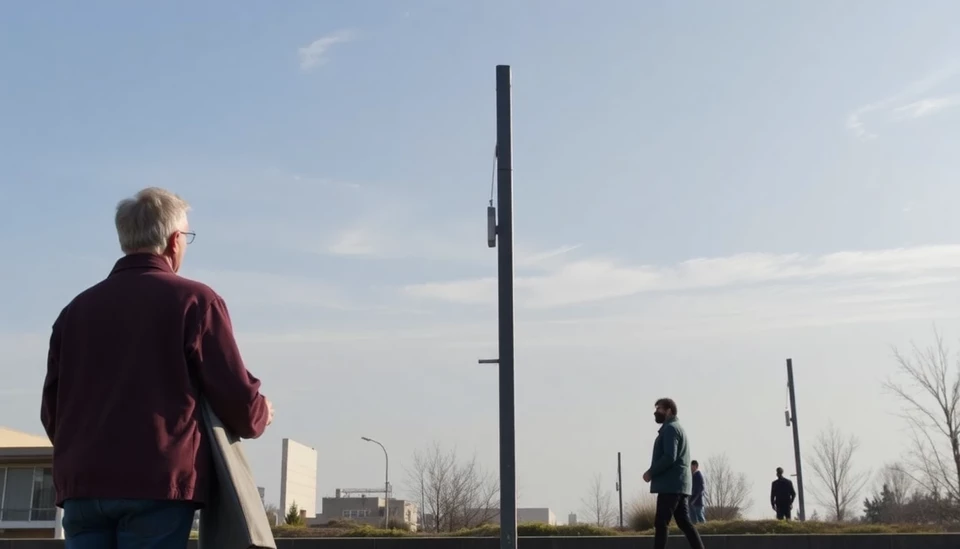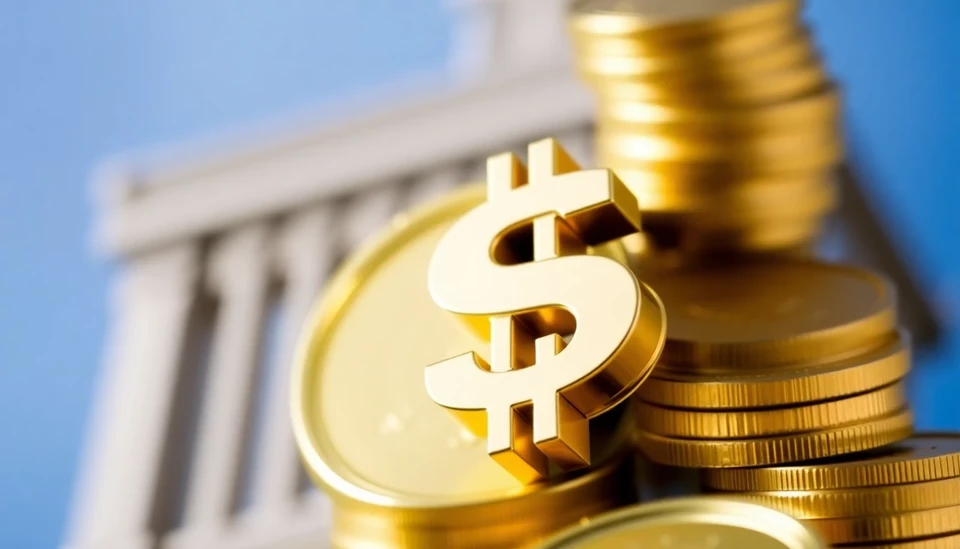
In a marked shift in consumer attitudes, recent data reveals a noteworthy decline in U.S. consumer sentiment, coinciding with escalating concerns about long-term inflation. This downturn comes at a pivotal moment, as American households grapple with fluctuating prices and an uncertain economic forecast.
The University of Michigan’s Consumer Sentiment Index reported a decrease in its preliminary reading for February, indicating a growing unease among consumers. The dip contrasts with previous months where consumer confidence showed signs of resilience. Analysts suggest that this negative sentiment correlates directly with persistent inflation pressures that have plagued the economy.
A significant portion of respondents expressed a heightened expectation for inflation in the coming years, which has exacerbated concerns about purchasing power. Experts note that the rise in inflation expectations has sparked worries about the Federal Reserve's potential reaction, particularly regarding interest rate hikes designed to curb rising prices.
Moreover, despite a recent deceleration in inflation rates, the underlying perception among consumers remains that the purchasing environment is not improving. Many households reported feeling the pinch of higher costs in everyday expenses, from groceries to fuel, contributing to an overall feeling of economic unease.
Data derived from surveys indicates that consumers are increasingly wary about making substantial purchases, reflecting a potential slowdown in economic growth. Such sentiment can influence retailers and service providers, as lower consumer spending could lead to a slower pace of recovery following past economic setbacks.
This combination of falling sentiment and rising inflation expectations presents a complex challenge for policymakers. As the Federal Reserve weighs its approach, understanding consumer sentiment is critical. Any shift in monetary policy could further impact economic stability and the intricate balance between inflation control and growth stimulation.
In conclusion, the declining consumer sentiment, coupled with long-term inflation expectations, paints a picture of an American public that is cautious and concerned. As these trends unfold, both the public and the policymakers will be closely monitoring economic indicators to better navigate the current landscape.
#ConsumerSentiment #Inflation #Economy #FederalReserve #EconomicOutlook
Author: Daniel Foster




